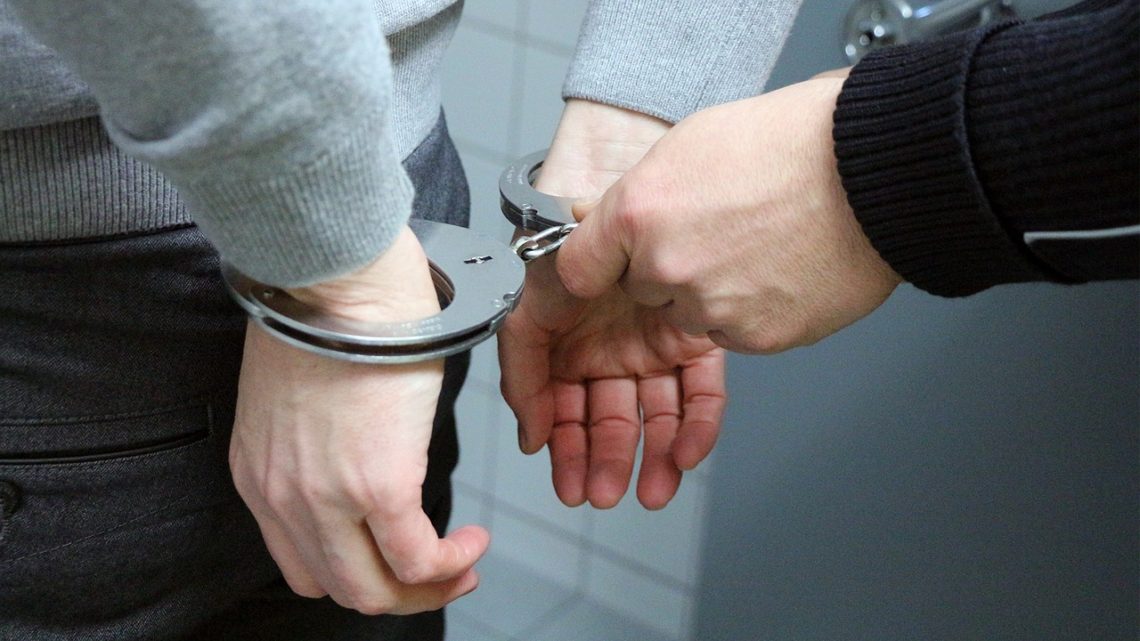Many people believe that if you weren’t read your rights when you got arrested, it means that the arrest is void. This isn’t true. If you were recently arrested and not read your Miranda rights, the answers that you provide during your questioning with the cops may not be used against you in a trial. However, there are exceptions to this rule.
Keep reading to find out what your rights are and how this may affect your trial going forward.
But Wait, What Are My Miranda Rights?
The Miranda warning was created after the 1966 U.S. Supreme Court case, Miranda v. Arizona. The ruling of this case set a precedent that is still followed to this day. The Miranda rights are a list of rights the police must read you before questioning you for your arrest. Here is what they need to tell you:
- You have the right to remain silent.
- If you do say anything, what you say can be used against you in the court of law.
- You have the right to have a lawyer present during any questioning.
- If you cannot afford an attorney, one will be appointed for you if you want.
When Do the Miranda Rights Need to Be Read?
Your Miranda rights need to be read to you whenever an officer conducts any type of interrogation on you. It doesn’t matter if they are questioning you on the street, in the station, or on the side of the road. If they have deprived you of your freedom of action in any type of way, they must tell you these rights before questioning you.
However, if you are not in police custody, and you have simply been brought in for questioning about a crime, an officer is not required to read these rights to you. Cops will often avoid arresting someone so that they do not have to read this law to them and use whatever information they provide in their interrogation in a trial.
Will I Get Arrested If I Don’t Answer Any or All of the Questions That An Officer Asks?
No, you are not required to answer any questions that an officer asks you. They cannot arrest you for not answering their questions. However, there may be times where you need to provide your identification and contact information.
Do I Need to Answer Any or All of the Questions That An Officer Asks?
You do not need to answer any of the questions that a cop asks you if you have been arrested. You can remain silent and wait for an experienced defense lawyer to arrive.
What Happens If My Miranda Rights Weren’t Read to Me?
As previously mentioned, if your Miranda rights were not read to you, anything that you say in an interrogation cannot be used against you as evidence in a trial.
Is There A Time Where What I Say Can Be Used Against Me, Even If I Wasn’t Read the Miranda Rights?
Yes, there have been a few times in history where police were able to use what an arrestee said during interrogation as evidence, even if they were not read their Miranda rights. This does not happen often, but it can. This can happen if:
- A defendant says something during their testimony at trial that conflicts with the statement that they provided the police. They can use what you said when you were not given your Miranda rights as a way to attack your credibility.
- It concerns public safety. If you made a statement that discussed guns or other weapons, the police can use this against you, even if they didn’t read you your rights.
- Your statement provides a witness. If you mention someone in when you are questioned, the police have the right to find that witness and have them testify against you in a trial.
- The question results in tangible evidence. If the police discover something during your interrogation that is tangible, like money from a bank that you robbed, they can use it against you.
If you believe that your Miranda rights were violated, speak to a lawyer immediately. Each case is different and will require different defenses.



No Comment